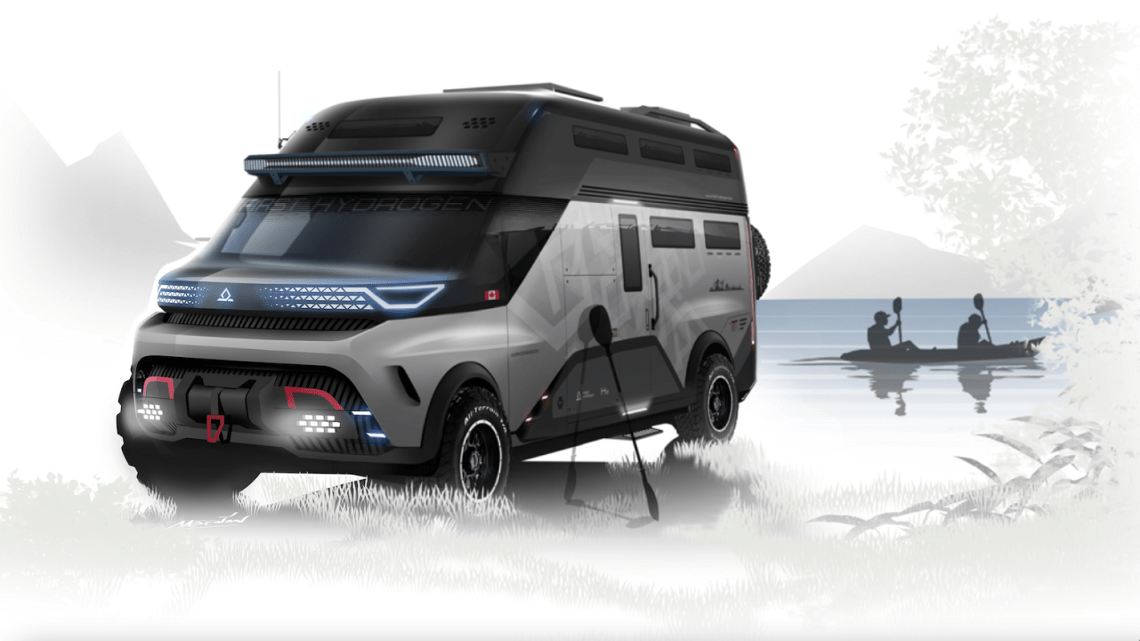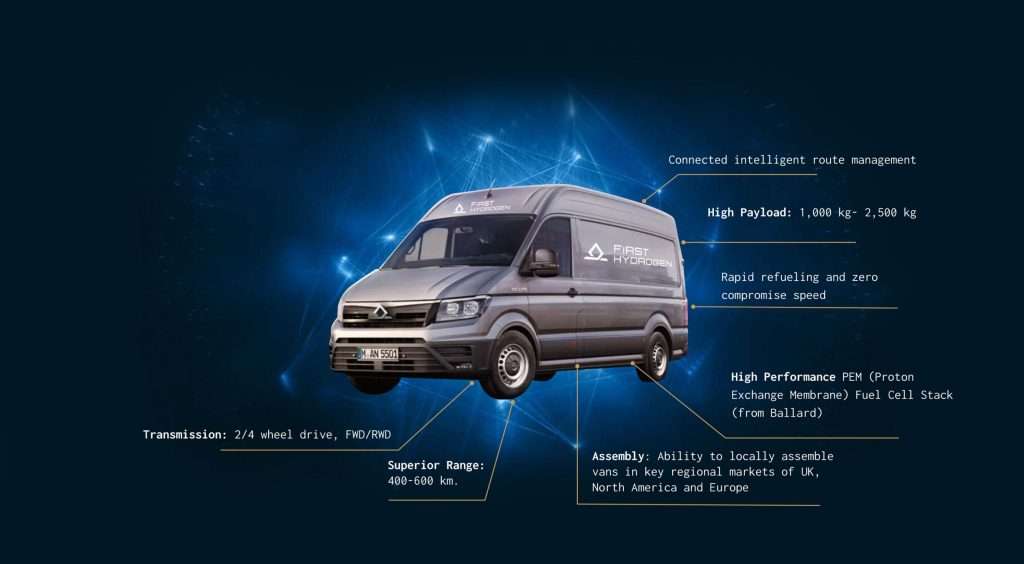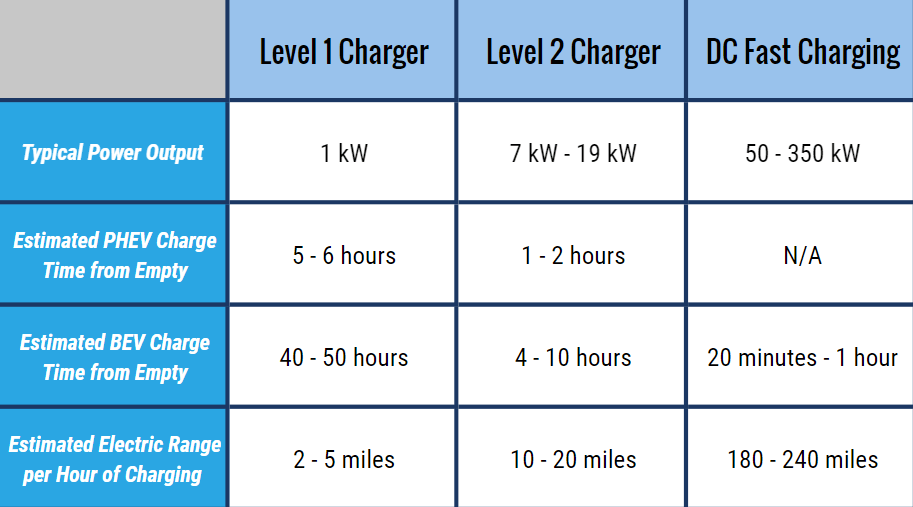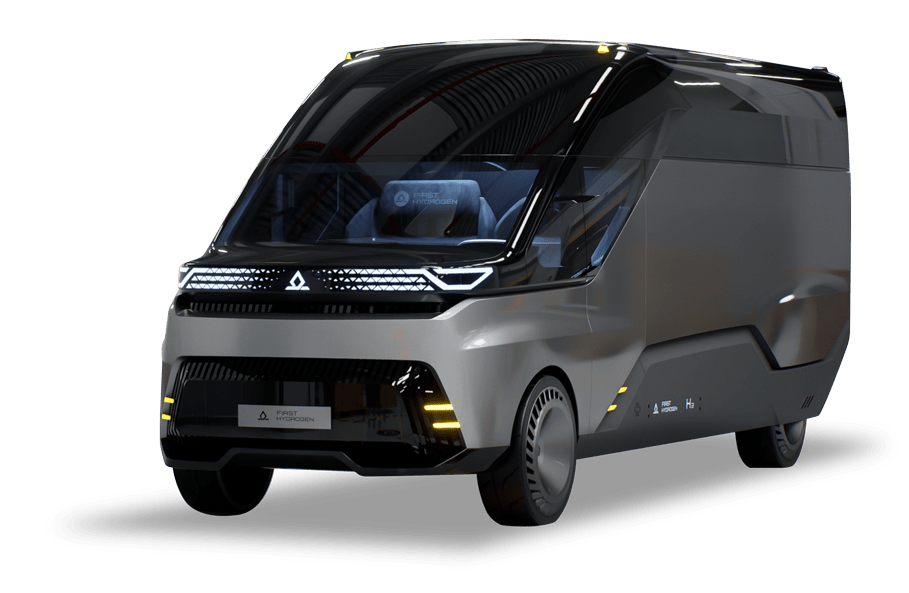
A New Pioneer For Electric RVs in 2023? — First Hydrogen Debuts Their Creative Vision For Their Hydrogen-Powered RV
First Hydrogen Corp — a Canadian and UK-based firm — has recently announced their creative vision for their first-ever hydrogen-powered RV. It remains to be seen how it will fare against standard electric RVs that are currently on the market.
The company, which specializes in the design and development of zero-emission automotive solutions has stated that its long-term goal is to become a trailblazer in the hydrogen-powered RV sector.
According to First Hydrogen, their hydrogen-powered RV will be designed to provide more spacious sleeping and living areas compared to similar electric RV alternatives.
Furthermore, the firm has stated that they will be able to guarantee refueling times that are comparable to petrol or diesel-powered RVs — which would definitely be an advantage over the recharge times of standard electric RVs.
The First Hydrogen campervan is an example of how we see hydrogen fuel cell and other electric vehicle technologies having wider applications. We are successfully demonstrating the potential fuel cell technology has in the LCV class but are exploring how the technology can benefit other sectors including leisure vehicles. Connecting with nature is incredibly important for recreational vehicle owners and this concept indicates how a hydrogen vehicle could help people preserve the environment while enjoying van life.
–Steve Gill, First Hydrogen CEO of Automotive
Although we cannot say for certain just how effective First Hydrogen’s RV will be until it hits the road, here’s what we do know about how hydrogen-powered RVs stack up against standard electric RVs and gas-powered RVs.

How First Hydrogen’s Fuel Cells Compare To Traditional Combustion Engines
As the name would suggest, hydrogen is the fuel of choice for these types of fuel cells. In addition to the electricity that they produce to power the vehicle, hydrogen fuel cells also produce water and heat.
Compared to the traditional combustion engines that we are familiar with in vehicles, fuel cells have the ability to operate at higher efficiencies.
In addition to this, fuel cells have negligible (or in some cases zero) emissions compared to combustion engines — circumventing challenges related to air pollutants and environmental sustainability.
In particular, hydrogen fuel cells produce only water as their byproduct, and studies have shown that this is roughly equivalent to the amount of water that gasoline-powered engines produce.
Hydrogen fuel cell vehicles (FCVs) emit approximately the same amount of water per mile as vehicles using gasoline-powered internal combustion engines (ICEs).
–Office of Energy Efficiency and Renewable Energy, U.S. Department of Energy
Comparing The Energy Solutions In Electric RVs And Hydrogen-Powered RVs
The electric cars and electric RVs that we are used to seeing on the market nowadays are usually classified as ‘all-electric vehicles’ — also known as battery-powered EVs or battery electric vehicles (BEVs).
What this means is that they use a battery (or batteries) to store the electrical energy that they need to use to power the vehicle’s motor and this battery is charged by connecting the vehicle to an external electrical power source.
Compared to this, hydrogen fuel cell electric vehicles (FCEVs) produce their electricity internally, by using the hydrogen that is stored within their fuel cells.
However, in addition to this, hydrogen FCEVs will almost always include a small high-voltage battery or an adaptive electronic control system (or both). This allows the vehicle to compensate for fluctuations in the fuel cell’s reaction rate and provide extra power during short periods of acceleration.
Why Are So Many RV Experts Excited About First Hydrogen’s New RV? — Comparing Hydrogen FCRVs To Standard Electric RVs
Faster Refueling Times
According to the US Department of Transportation, electric vehicles can take anywhere between 20 minutes and 50 hours to fully charge depending on the type of charger and the type of vehicle. On average, you can also expect a battery electric vehicle (BEV) to charge slower than a plug-in hybrid electric vehicle (PHEV).

On the other hand, a hydrogen FCEV can be fully refueled from empty in 3 to 5 minutes — making the entire process only slightly more time-consuming than filling a standard car with gas.
This makes the prospect of First Hydrogen’s RV very appealing since owners of electric RVs frequently cite long charge times as one of the few downsides compared to gas-powered RVs.
Better Performance And Efficiency In Extreme Temperatures
Although many contemporary electric vehicles are now being produced with capabilities that allow them to function in extremely cold or hot conditions, they still have a long way to go before they are truly efficient in these situations.
Research has shown that electric vehicles can lose anywhere between 3 to 35 percent of their range in freezing conditions (with the majority trending towards the higher half of the spectrum).
On the other hand, hydrogen FCEVs have been shown to have better efficiency in extreme temperatures — making them more reliable in terms of year-long performance.
Higher Average Driving Ranges
Nowadays, the standard electric vehicles that are available to the public have an expected range that falls somewhere between 100 to 350 miles.
On the other hand, hydrogen FCEVs have a comfortable expected range of 300 to 400 miles — with newer models like the Toyota Mirai easily pushing past that 400-mile range.
One of the main reasons for this large disparity between the ranges of standard EVs and hydrogen FCEVs is the large battery packs (in terms of size and weight) that standard EVs require.
On the other hand, hydrogen fuel cell EVs store their fuel in lightweight tanks — under high pressure — which take up less space.

Don’t Worry, Standard Electric RVs Aren’t Going To Become Obsolete Anytime Soon
With all of that being said, although the prospects of First Hydrogen’s RV plans definitely do seem exciting, we still have to wait for some time until they are a tangible reality.
In the meantime, there is still a wide range of electric RVs on the market today — with many more coming in the near future — both for rental and purchase!



